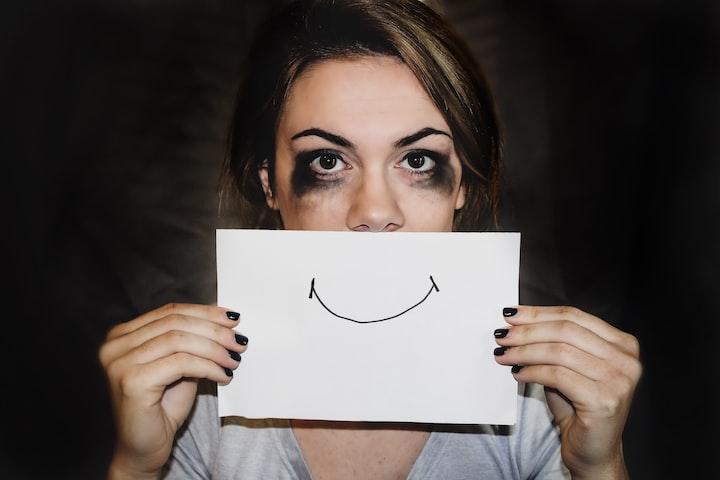What Can I Take to Reduce Stress?
If you’re feeling stressed, there are many things you can do to help reduce your stress levels. Some people find that relaxation techniques like yoga or meditation help them relax and feel less stressed. Others find that getting regular exercise helps to relieve stress. There are also many different herbs and supplements that can be taken to help reduce stress levels. Some of the most popular ones include ashwagandha, lavender, chamomile, and lemon balm.
Read More »What Can I Take to Reduce Stress?






